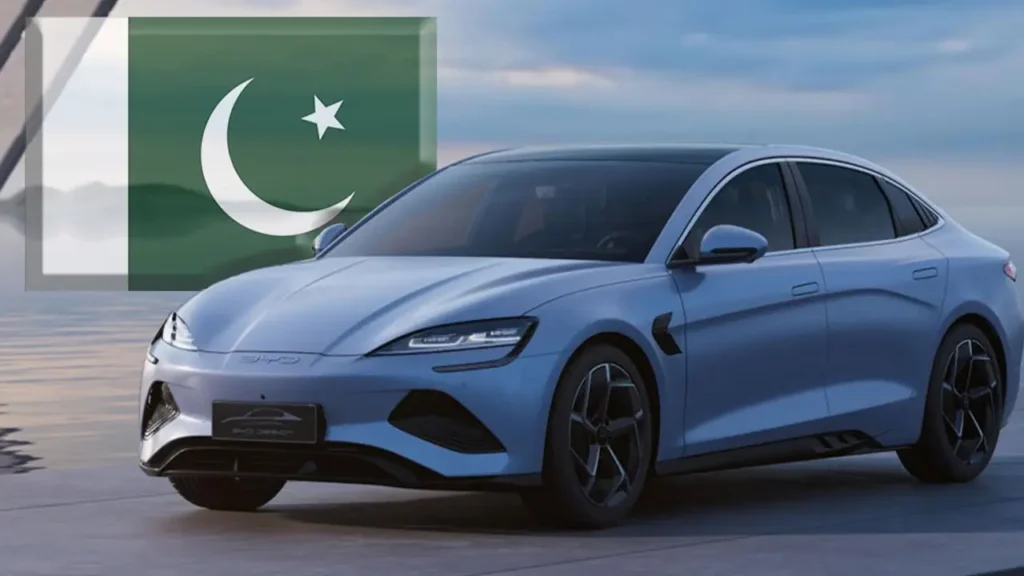- Web
- Feb 05, 2026
BYD to roll out first locally assembled EV in Pakistan by mid-2026
-

- Web Desk
- Jul 25, 2025

ISLAMABAD: Chinese electric vehicle giant BYD is set to launch its first locally assembled car in Pakistan by July or August 2026, aiming to tap into the country’s growing demand for electric and plug-in hybrid vehicles.
Danish Khaliq, Vice President of Sales and Strategy at BYD Pakistan, told Reuters the company’s plant near Karachi, being developed in partnership with Mega Motor Company, a subsidiary of Hub Power (HUBCO), has been under construction since April. The facility will initially be capable of producing 25,000 vehicles per year on a double-shift basis.
While the plant will begin by assembling imported components, some non-electric parts will be produced locally. The first phase of production will cater to domestic demand, with future plans to export EVs to right-hand drive markets in the region, depending on freight costs and commercial viability.
Khaliq said they do not anticipate surplus capacity, as domestic demand is expected to grow rapidly. “We do not foresee excess capacity in our system as demand in Pakistan will catch up,” he said.
BYD began delivering imported EVs in Pakistan in March this year. While Khaliq did not disclose the exact number of units sold, he said sales exceeded internal targets by 30 per cent, with several hundred vehicles already delivered.
Looking ahead, Khaliq projected a three- to four-fold increase in the market size for EVs and plug-in hybrids in 2025 compared to the estimated 1,000 units sold in 2024. BYD is aiming to capture a 30 to 35 per cent share of this expanding segment.
According to a filing by HUBCO, BYD Pakistan posted a profit of Rs444 million (approximately $1.56 million) in the March 2025 quarter.
The company is set to launch its Shark 6 plug-in hybrid pickup truck in Pakistan on Friday. Competitors are also entering the space, with China’s MG already offering a PHEV SUV and Haval preparing to follow.
Plug-in hybrids are seen as a more viable choice for Pakistani buyers, given the country’s limited electric vehicle charging infrastructure. In January, the government slashed electricity tariffs for EV chargers by 45 per cent to encourage the rollout of private charging stations and boost adoption.




